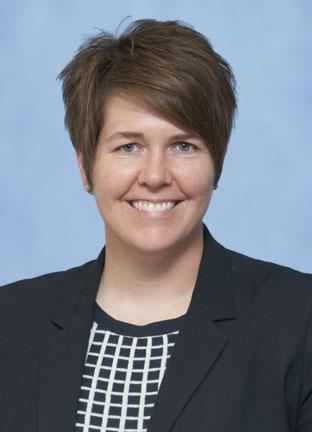Our approach to cancer treatment partners multiple experts to deliver multidisciplinary care in the treatment of breast cancer, complex skin cancers, sarcoma, and cancer of the stomach, pancreas, and liver. Serving as a high-volume referral center and backed by the expertise and the resources of a world-class academic medical center, our programs offer access to new treatments, including clinical trials, and advanced surgical procedures not available at all institutions.
We coordinate each patient’s care through a team of providers in surgery, medical oncology, radiation oncology, radiology, pathology, cancer genetics, and social work. This approach allows us to support patients from evaluation through treatment to recovery, providing a true home for each person’s health care needs.
Our unique Cancer Survivorship Clinics provide ongoing support for cancer survivors, offering symptom management and consultation for all aspects of a patient’s physical and mental health.
Our multidisciplinary programs and clinical specialties include:
- A Breast Care Center: Our center for the treatment of breast cancer and other breast conditions incorporates multiple support programs in addition to expert medical and surgical treatment, including patient education, peer counseling, psychological support, and integrative medicine. We also work with colleagues in endocrinology and obstetrics & gynecology to provide consultation to patients seeking to preserve their fertility, post-treatment.
- A Cutaneous Oncology Clinic: This high-volume clinic sees more than 1,500 patients a year, making it one of the leading melanoma centers in the world. Our team includes dermatologists, medical oncologists, pathologists, and other experts.
- A Sarcoma Clinic: We treat sarcomas of the bone and soft tissue, seeing more than 200 cases each year of this rare form of cancer.
- A Multidisciplinary Pancreatic Cancer Clinic: We see more than 600 patients each year and offer treatments including Whipple operations and distal pancreatectomies.
- A Multidisciplinary Liver Tumor Clinic: We evaluate and treat patients with tumors involving the liver and biliary system, leveraging a team of hepatologists, transplant surgeons, medical oncologists, and radiologists.
- A Multidisciplinary Colorectal Cancer Clinic: We offer a range of tailored treatments for colon and rectal cancer, including radiation therapy, open surgery, and laparoscopic surgery.
Beyond the clinic, we’re gaining a better understanding of how cancer develops and progresses, and we're pursuing novel treatments. As educators, we offer advanced training in cancer treatment for the next generation of surgeon leaders.


